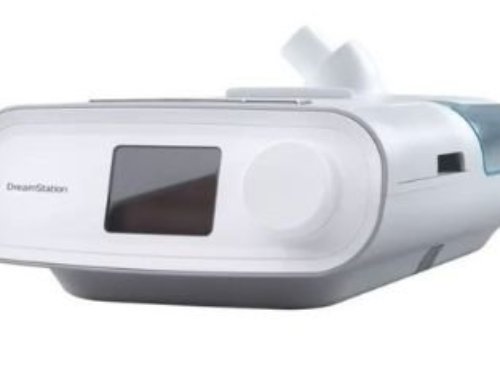On Nov. 6, 2020, the FDA permitted marketing of NightWare, an app that reduces sleep disturbances in adults 22 years of age or older who either have nightmare disorder or experience nightmares related to post-traumatic stress disorder. The FDA granted the marketing authorization to NightWare, Inc. NightWare, designated a “breakthrough device” by the FDA, is available by prescription only and is intended for home use.
About NightWare
A digital therapeutic, NightWare uses an Apple Watch and iPhone. During sleep, the Apple Watch monitors body movement using a gyroscope and accelerometer, and it measures heart rate. These data are sent to the NightWare server. Using a proprietary algorithm, the device creates a unique sleep profile for the user during a learning period of up to 10 days. When NightWare detects that a patient is experiencing a nightmare based on its analysis of heart rate and body movement, the watch will vibrate enough to interrupt the nightmare, but without waking the user from sleep. NightWare uses artificial intelligence to better predict and interrupt future nightmares.
NightWare is not a standalone therapy for PTSD. The device should be used in conjunction with prescribed medications for PTSD and other recommended therapies for nightmares. NightWare is intended to be used under the supervision of a health care provider.
About Nightmares
Nightmare disorder is classified as a “parasomnia.” These sleep disorders involve unwanted events or experiences that occur while you are falling asleep, sleeping, or waking up.
Nightmares are recurrent, highly disturbing dreams that often result in awakening. They involve an internally generated conscious experience or dream sequence that seems vivid and real. The well-remembered dreams usually involve threats to survival, security, or physical integrity. They have a tendency to become increasingly more disturbing as they unfold. Emotions are characteristically negative and most frequently involve anxiety, fear, or terror. On awakening from the nightmare, the dreamer rapidly becomes oriented and alert. Nightmare disorder occurs when nightmares (or the associated sleep disturbances) cause clinically significant distress or impairment in functioning.
Nightmares are also a common featured of PTSD. These nightmares may take the form of a realistic reliving of a traumatic event or may depict only some of its elements or emotional content.
There are a variety of therapies for the treatment of nightmare disorder in adults. These include image rehearsal therapy, cognitive behavioral therapy, and medications.
Read more industry news from the AASM.
Photo: U.S. Food and Drug Administration.







